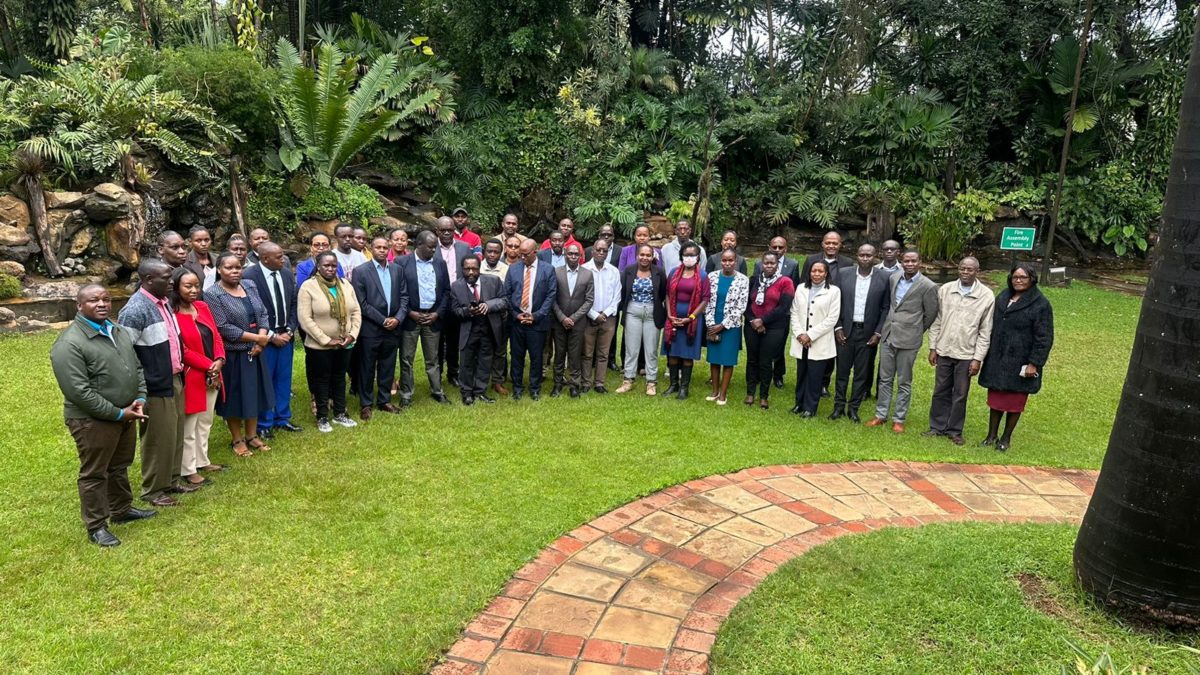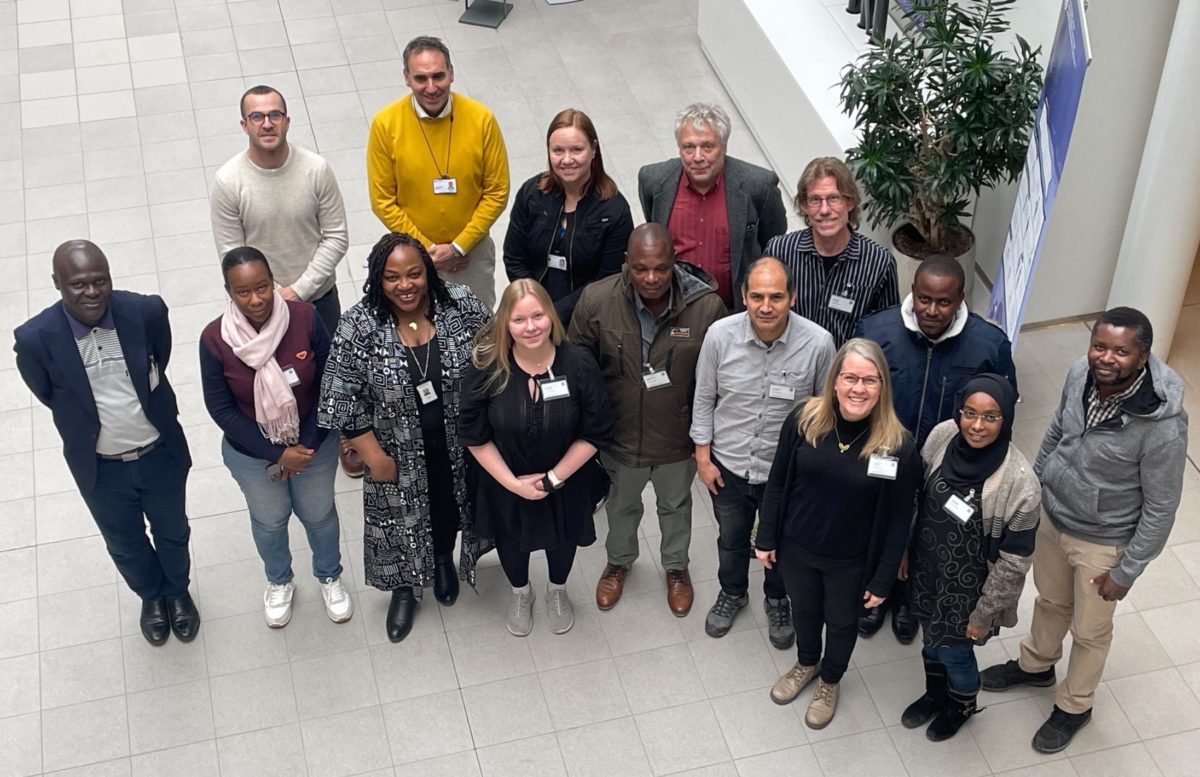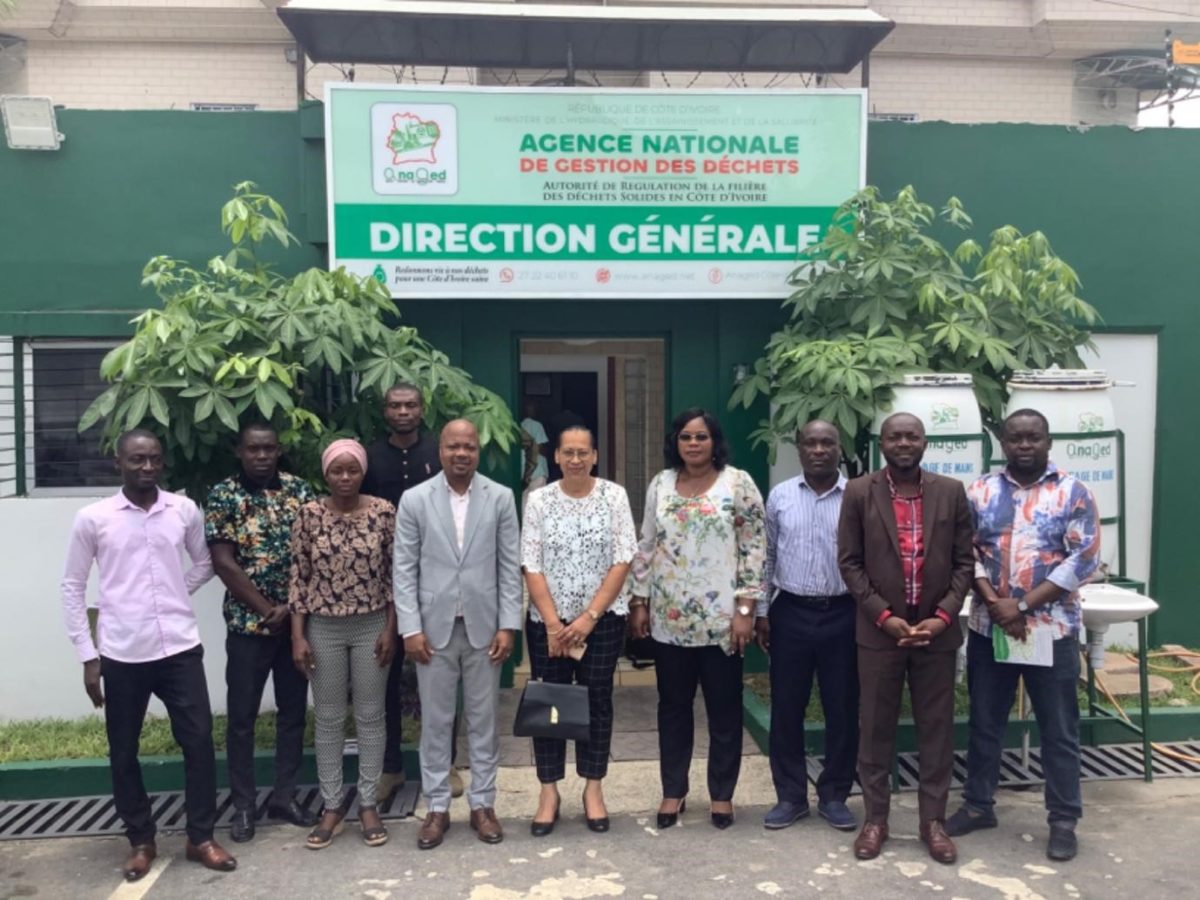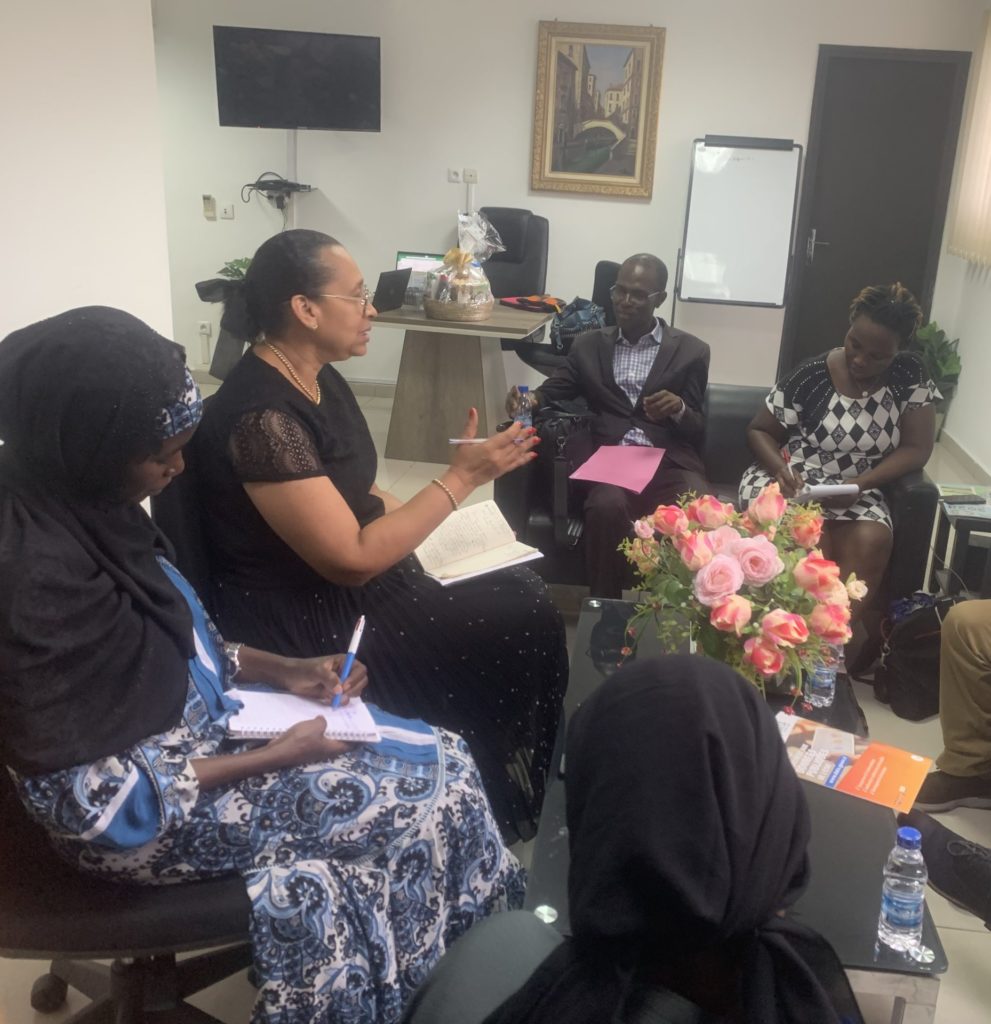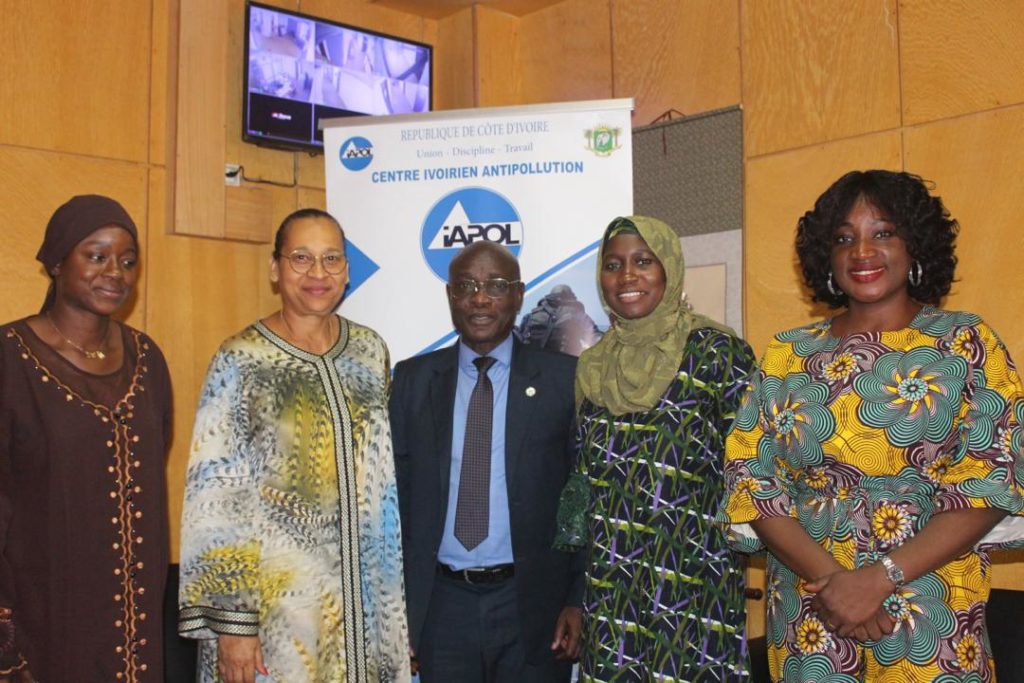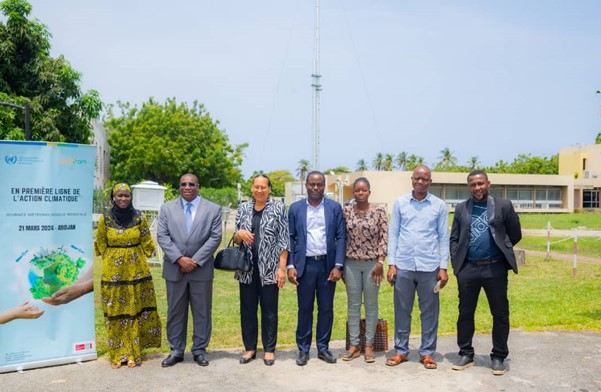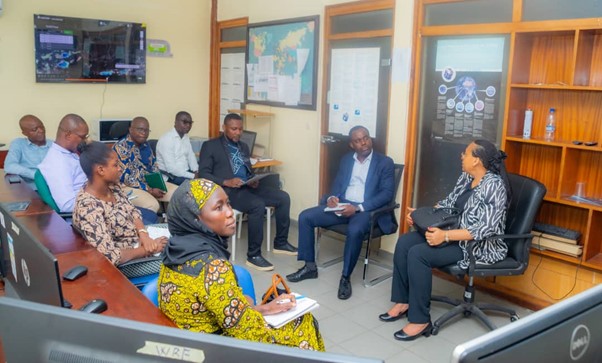10-12th September, 2024
Palais des Congrès
Versailles, France and online
The 6th ICOS Science Conference will be held 10th-12th September 2024 at the Versailles Palais des Congrès, France, and online.
This year’s theme is “From GHG observations through science to services”. The sessions chosen for this year’s conference reflect some highly topical issues as well as emerging trends within the fields of atmospheric, ecosystem, and ocean sciences. On top of reflecting ICOS’s three domains, the sessions incorporate broader themes such as climate services and science communication.
KADI project partners are chairing a session, as well as presenting numerous talks and posters. You can see the summary of the relevant presentations below. For the full conference programme check out the conference website.
Plenary Presentation
The African Greenhouse Gas Budget (2010-2019): a synthesis of the most recent data and models by Yolandi Ernst
Tuesday September 10 (10:45 – 12:00)
Oral Presentations
-
14:00-15:30 Tuesday, 10 September, 2024, Foyer Condé
Session 3: RI Cooperation, co-location and other lessons learned
Gregor Feig et al.: Expanded Freshwater and Terrestrial Environmental Observation Network: A Landscape Scale Environmental Research Infrastructure in South Africa
-
16:00-17:30 Tuesday, 10 September, 2024, Foyer Condé
Session 7: Exchange of reactive gases and aerosols
Tamryn Hamilton et al.: Temporal trends in high-resolution flux of Nitrogen-Dioxide (NO2) from a grazed African Savanna
Faith Jumbi et al.: Participatory hydrological modelling for collective exploration of catchment management: promoting water stewardship across a multi-stakeholder platform
-
16:30-18:00 Thursday, 12 September, 2024, Foyer Condé
Session 31: GHG obs in education, services and decision-making
Bernet, L. et al: Towards a pan-African Research Infrastructure for Atmospheric, Climate and Ecosystem Services: Three Decades of International Collaboration in Kenya.
Poster Presentations
- Poster session 1, 13:00-14:00 on Tuesday September 10
Verification of an earth system model CCAM using the ground-based measurements across South Africa.
Nolusindiso Ndara, Jessica Steinkopf, Amukelani Maluleke, Gregor Feig, Francois Engelbrecht
- Poster session 10, 13:30-14:30 on Wednesday September 11
Review of existing research infrastructures and design of a concept for pan African research infrastructure.
Nolusindiso Ndara, Marisa Gonzalez, Rebecca Garland, Gregor Feig
Two years measurements of carbon dioxide, energy and water vapor fluxes above a young oil palm plantation (Elaeis guineensis Jacq.) established in southeast Benin, West Africa.
Ossénatou Mamadou, Renaud Koukoui, Armand Mariscal, Miriam Hounsinou, Jean-Martial Cohard, Christophe Peugeot
Session organised by KADI
“In situ data for policy support”
16:30 – 18:00 on Wednesday September 11
Convenors
Werner L Kutsch (ICOS ERIC), Sanna Sorvari Sundet (LUKE: Natural Resources Institute Finland), Theresia Bilola (ICOS ERIC), Matt Saunders (TCD), Marisa Gonzalez (UP).
Session Description
A common denominator in the multiple environmental crises we are facing is that societal solutions strongly depend on the transfer of scientific knowledge into political and private enterprise as well as society at large. Science has, more than ever, become a key factor for our common future: the scale of these challenges requires large amounts of data, provided by large scale infrastructures. While this important role of science has become clearly evident, these crisis-driven developments have also changed the science itself (towards more applied science) and this transition will change science policy and resource distribution both towards and within the scientific system.
This session will explore the pathways from scientific observations to climate-derived and other environmental services. It welcomes insights on service co-design and service design labs. Examples of services could be: monitoring and verification of emission reduction as support of national inventories and NDCs, monitoring of Carbon Dioxide Removal activities, climate carbon feedback description, scenarios as part of national action plans and citizen science approaches supporting adaptation to climate change.


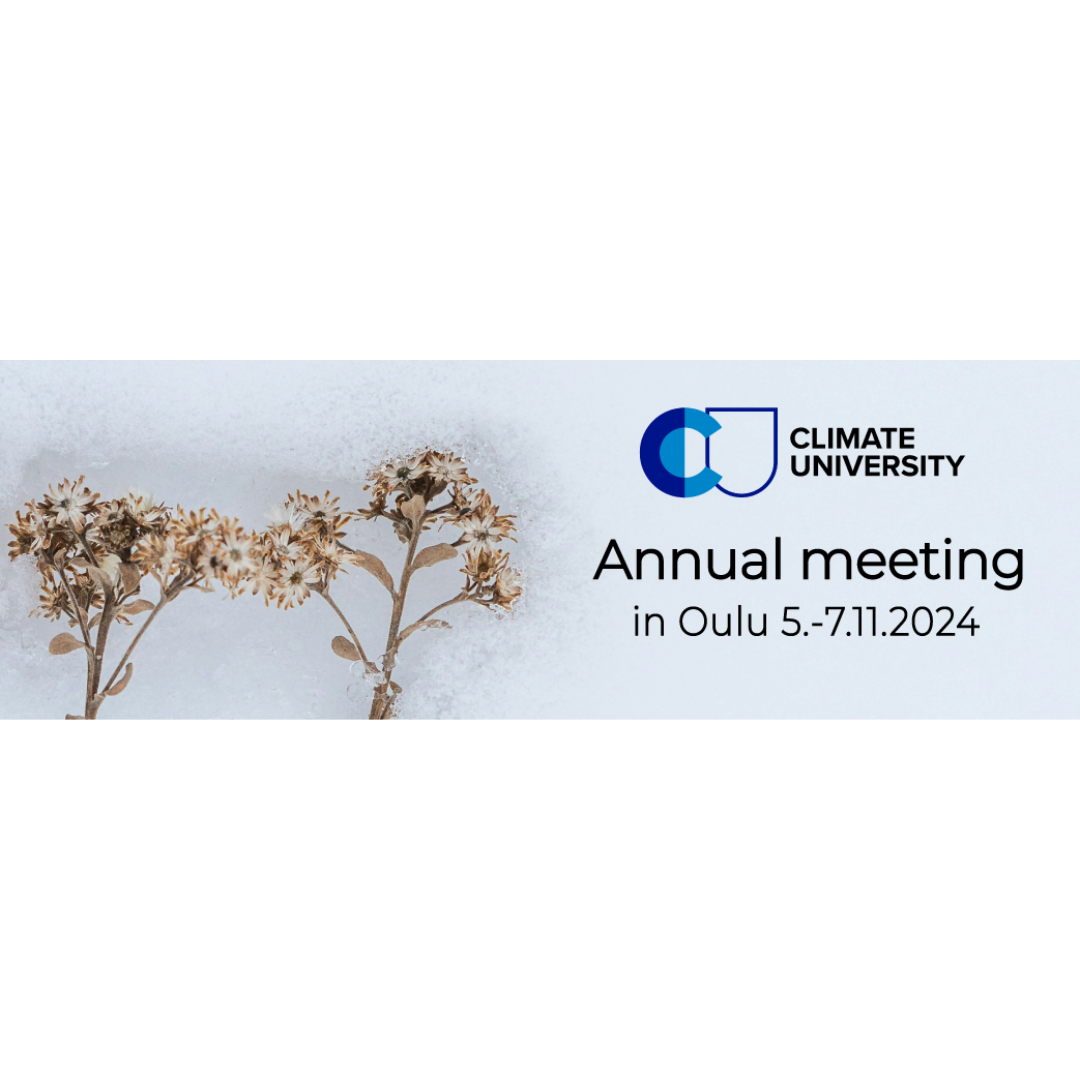
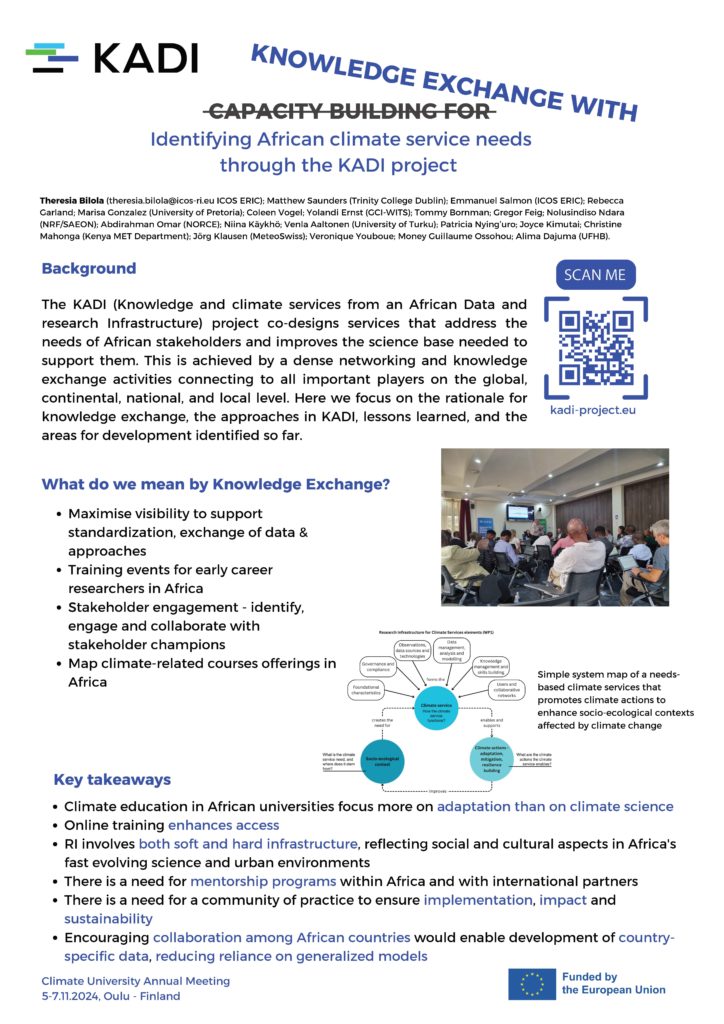
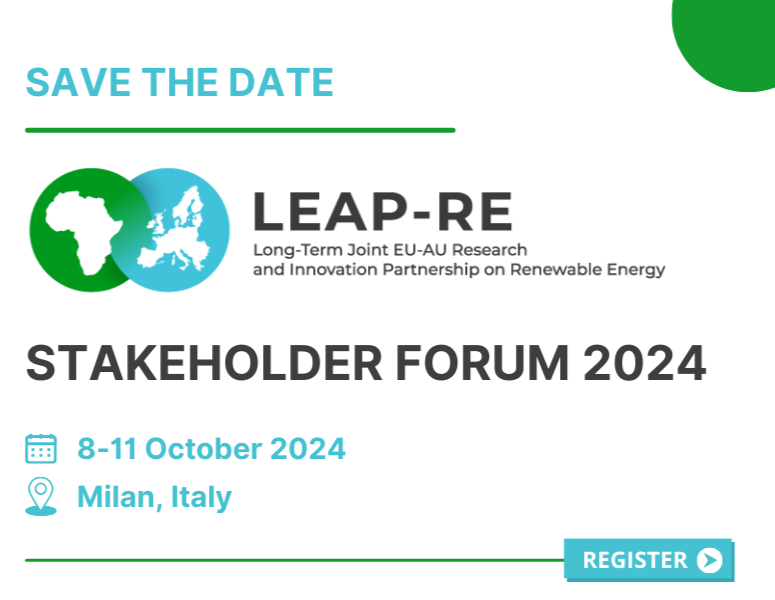
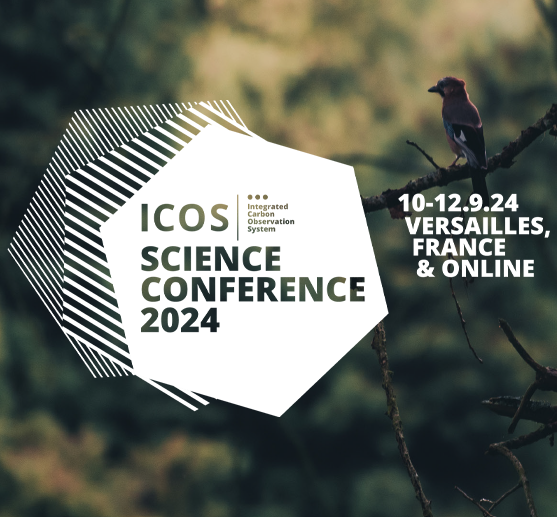
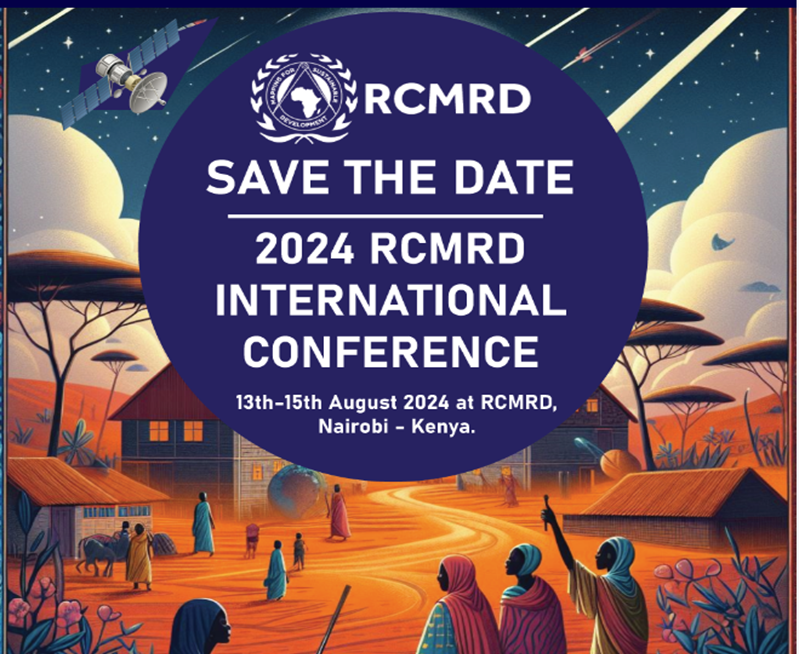
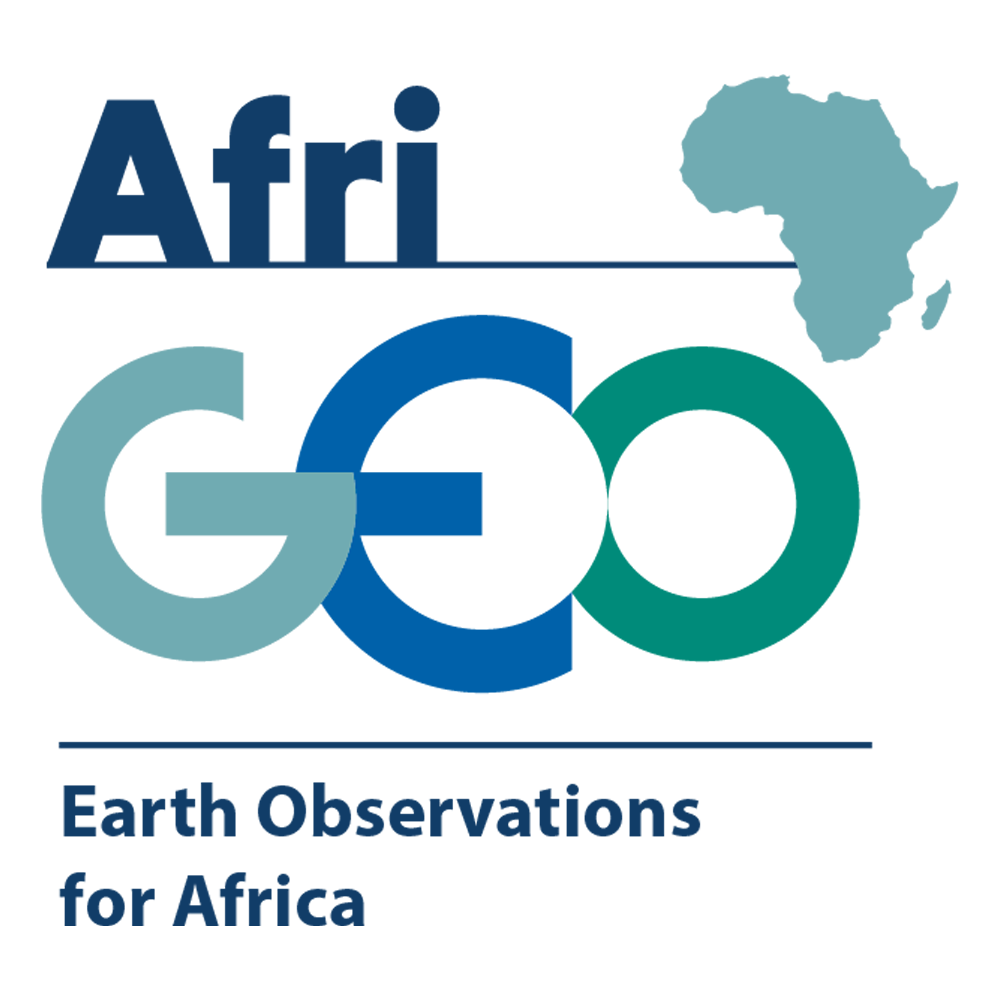

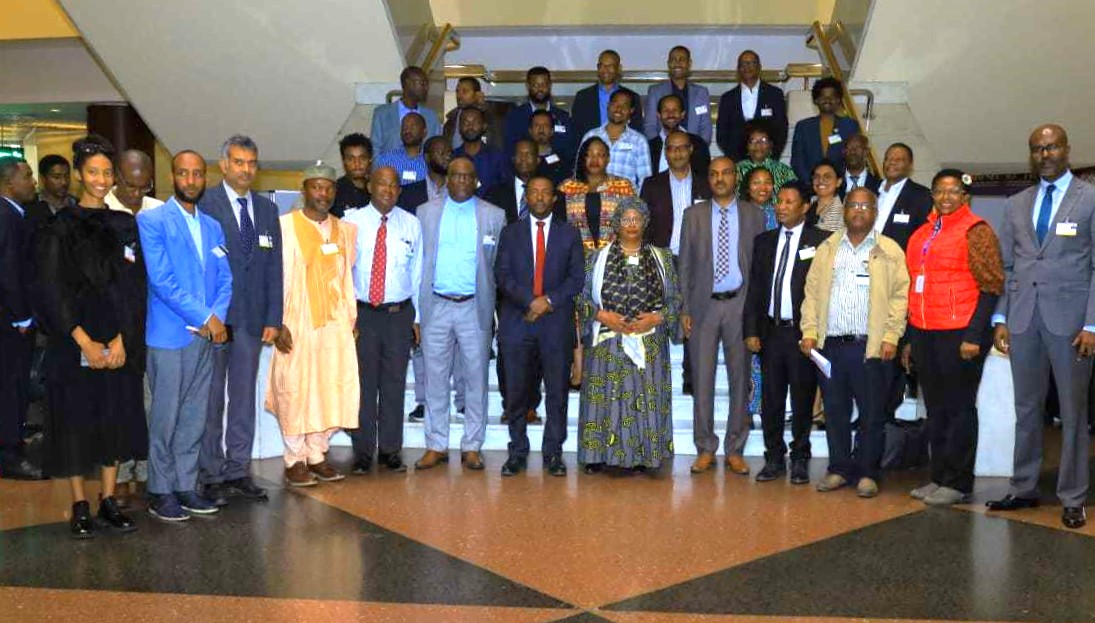
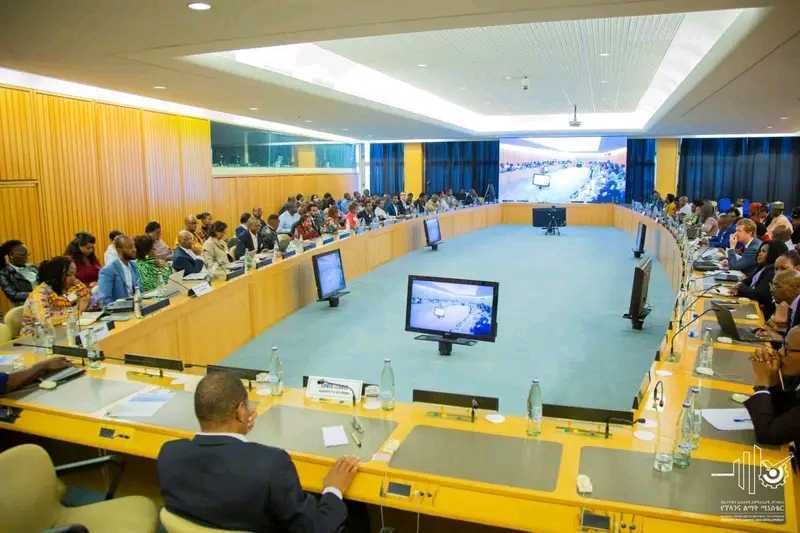 In the panel discussions the interventions, comments and highlights from the KADI representatives centered on the following:
In the panel discussions the interventions, comments and highlights from the KADI representatives centered on the following: